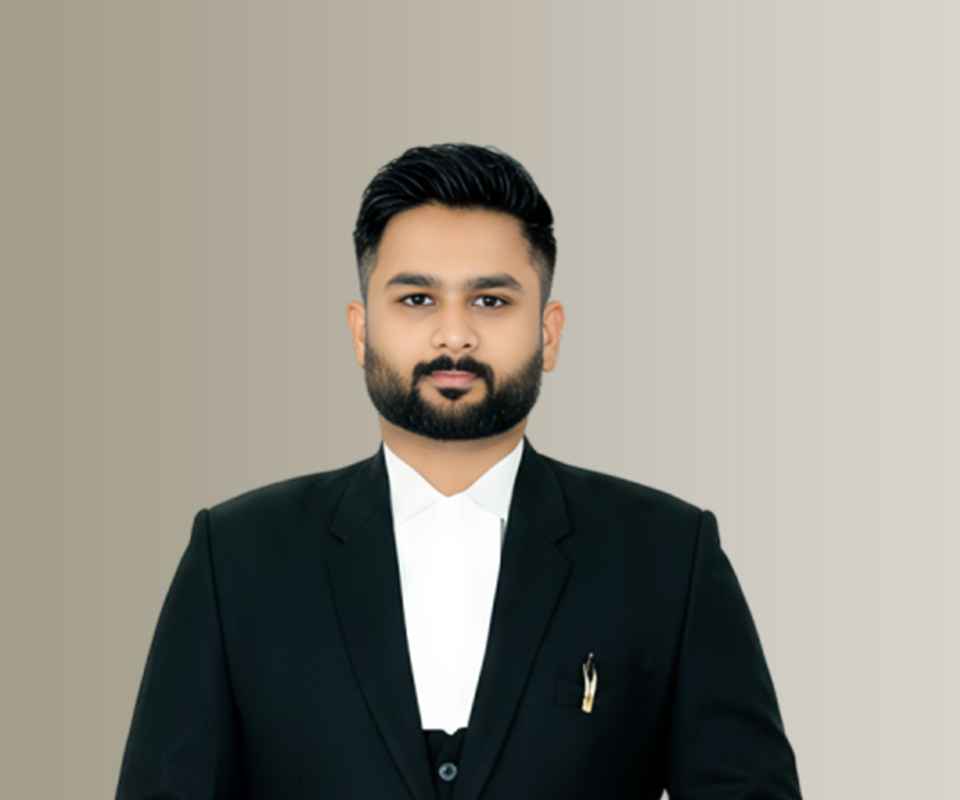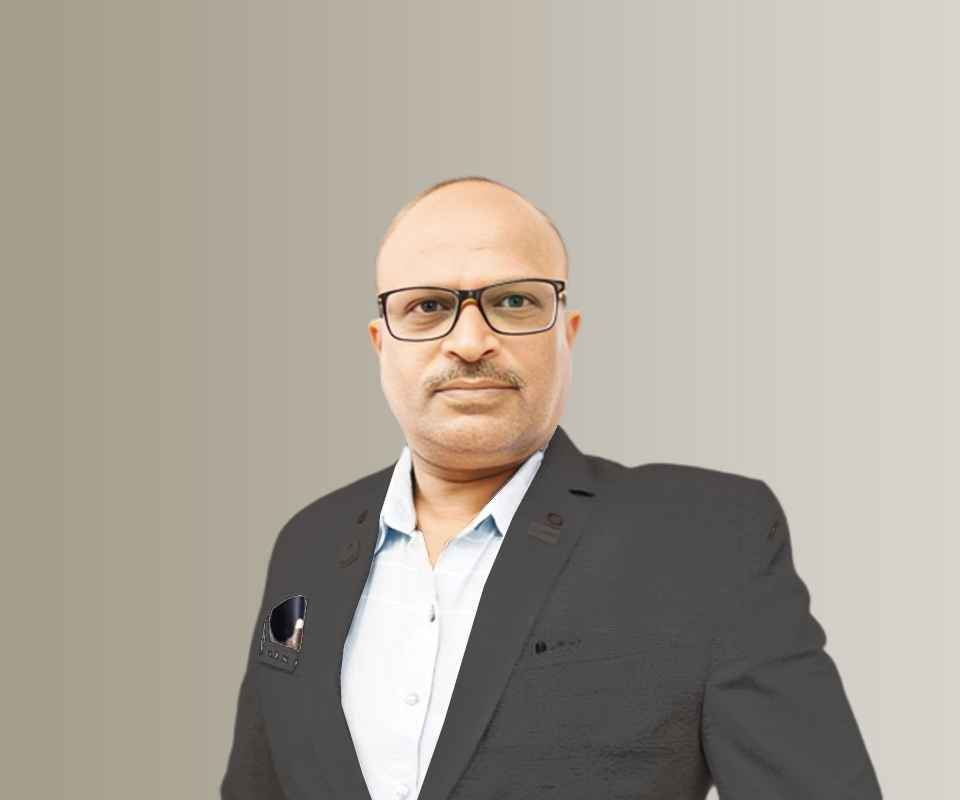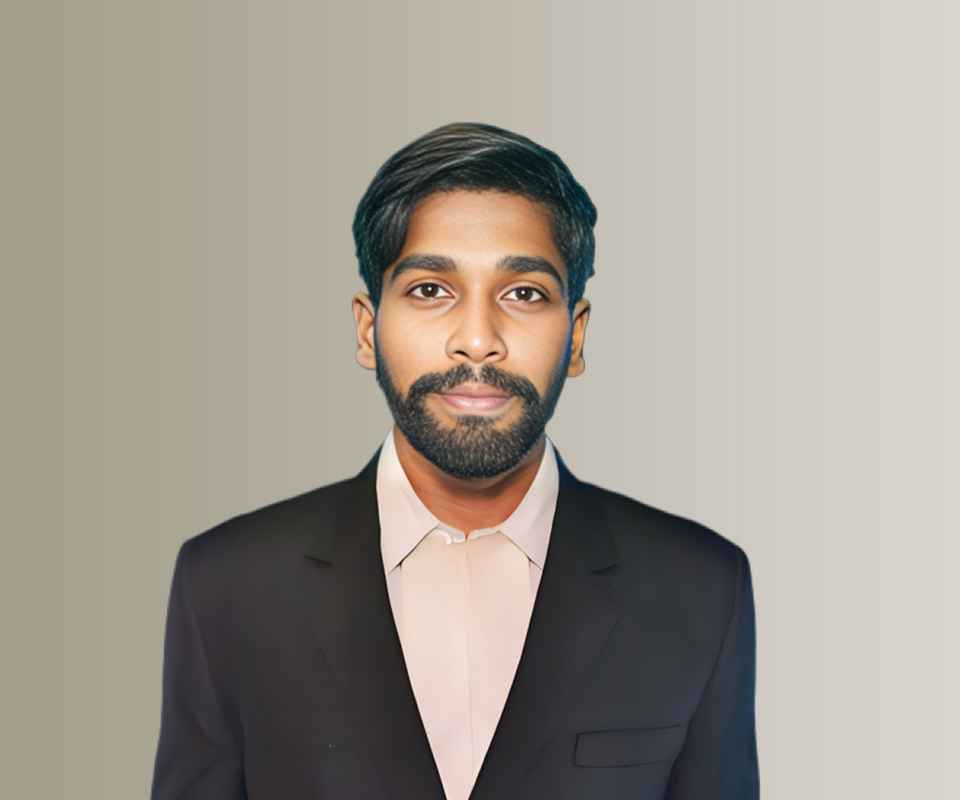Answer By law4u team
Constitution of India Article 121: Restriction on Discussion in Parliament
No discussion shall take place in Parliament with respect to the conduct of any Judge of the Supreme Court or of a High Court in the discharge of his duties except upon a motion for presenting an address to the President praying for the removal of the Judge as hereinafter provided.
Brief Detail
Article 121 prohibits any discussion in Parliament regarding the conduct of a Supreme Court or High Court judge while discharging their duties, unless it concerns a motion to address the President for their removal. This ensures the independence and impartiality of the judiciary by preventing undue interference or public debate over a judge's actions during their tenure, unless it is related to the process of their removal.
Question & Answers
Can Parliament discuss the conduct of a Judge of the Supreme Court or High Court?
Under Article 121, Parliament is not allowed to discuss the conduct of a Supreme Court or High Court judge in their official duties unless a motion is made to present an address to the President requesting the removal of the judge.
What is the exception to the restriction in Article 121?
The only exception is when Parliament is considering a motion for the removal of a judge, in which case the conduct of the judge may be discussed in the context of that motion.
Example
For example, if a judge is alleged to be corrupt or otherwise unfit for office, the motion to remove the judge can be discussed in Parliament. However, no other discussions regarding the judge’s conduct can take place while they are discharging their duties.
Summary
Article 121 ensures that judges of the Supreme Court and High Courts remain insulated from public and political discussions regarding their conduct during their tenure, except when it involves a motion for their removal, thereby preserving judicial independence.







